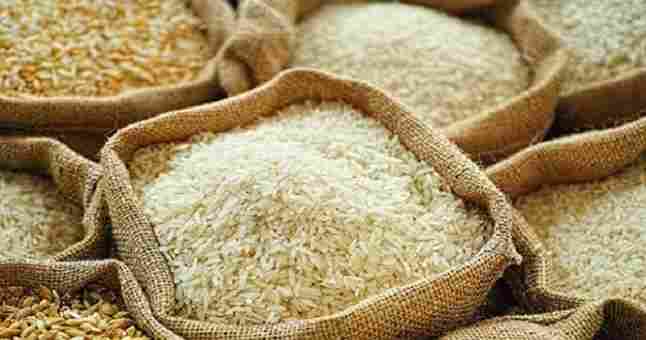Karachi, June 20, 2025 — Pakistan’s rice export sector is reeling from a severe setback as official data from the Pakistan Bureau of Statistics (PBS) shows a staggering 12% year-on-year decline in export earnings during the first 11 months (July–May) of FY2024-25.
According to PBS, Pakistan earned $3.20 billion through rice exports in the July–May period, compared to $3.63 billion in the corresponding span of the previous fiscal year. This drop reflects deep-rooted structural challenges facing the sector, both at home and abroad.
While basmati rice managed to post a marginal 1% increase — rising to $782 million from $774 million — the non-basmati segment, particularly varieties like Irri, suffered a punishing 15% drop. Export revenue from these varieties plummeted to $2.42 billion, down from $2.85 billion last year.
Industry experts attribute this sharp decline in rice export figures to a perfect storm of adverse factors: falling international prices, policy missteps, logistical constraints, issues with department of plant and protection (DPP) and a complicated and burdensome tax regime that has left exporters gasping for relief.
Javed Jilani, Senior Vice Chairman of the Rice Exporters Association of Pakistan (REAP), said international prices of rice crashed from $500–550 per ton to just $400–450 per ton, squeezing margins and devaluing overall export receipts. He further noted that India’s decision to lift its rice export ban undercut Pakistan’s temporary competitive edge in the global market.
Compounding these challenges are drastic and controversial tax regime changes introduced through the Finance Act, 2024. The shift from the Final Tax Regime (FTR) to a minimum tax regime has upended decades-old policies. Now, rice exporters must not only pay a 1% withholding tax but are also obligated to calculate and pay any excess tax on computed income — plus a newly applicable super tax.
Additionally, under amended Section 147, withholding agents must collect 1% advance tax on export proceeds, a move Jilani called punitive. “These backbreaking policies, combined with bureaucratic red tape and endless documentation requirements, are killing Pakistan’s rice export potential,” he warned.
Jilani also pointed to growing geopolitical tensions and logistical disruptions, which he believes will continue to hinder export recovery unless swift policy reversals are made.
Despite acknowledging the government’s infrastructure allocations in the FY2025-26 federal budget, Jilani emphasized that these measures are not enough. He urged authorities to immediately reinstate the Final Tax Regime for rice exporters to revive confidence in the sector.
Without urgent reforms, he warned, Pakistan’s target of achieving $10 billion in rice exports by 2030 will remain a distant dream.
